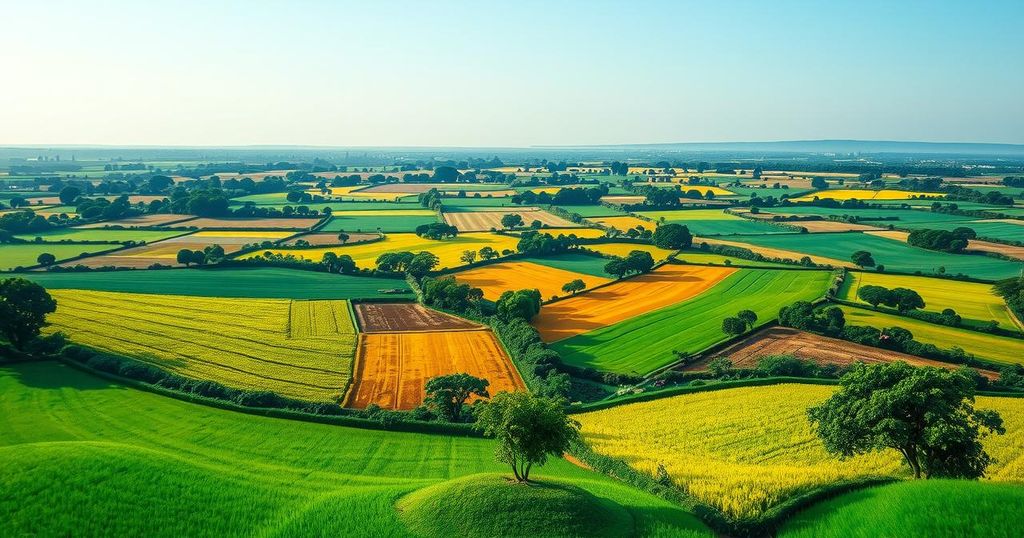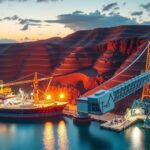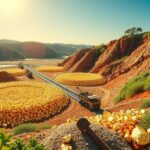Overview of Côte d’Ivoire: Resources, Economy, and Infrastructure
Côte d’Ivoire’s economy is driven by significant resources, including petroleum and minerals, a strong agricultural sector, and an evolving industrial base. The financial and transportation frameworks support robust trade, while tourism has grown despite historical fluctuations.
Côte d’Ivoire boasts significant offshore reserves of petroleum and natural gas, which have been exploited since 1995, contributing notably to export revenue. The country also possesses mineral resources such as diamonds, gold, and unextensively developed deposits of iron ore, bauxite, and manganese, with active iron ore mining near Mount Nimba. Approximately 60% of the nation’s power generation comes from thermal stations, while hydroelectric sources cover the remainder. Since the mid-1990s, energy development has focused on expanding thermal capacity using natural gas, with crude oil refined in Abidjan for local consumption and export.
In summary, Côte d’Ivoire’s economy is characterized by its rich natural resources and a strong emphasis on agricultural exports. Despite the legacy of a colonial export-oriented industrial sector, recent initiatives have sought to diversify and privatize key industries. The country’s financial and transportation infrastructures, along with a burgeoning tourism sector, are conducive to fostering further economic growth and development.
Original Source: www.britannica.com








Post Comment